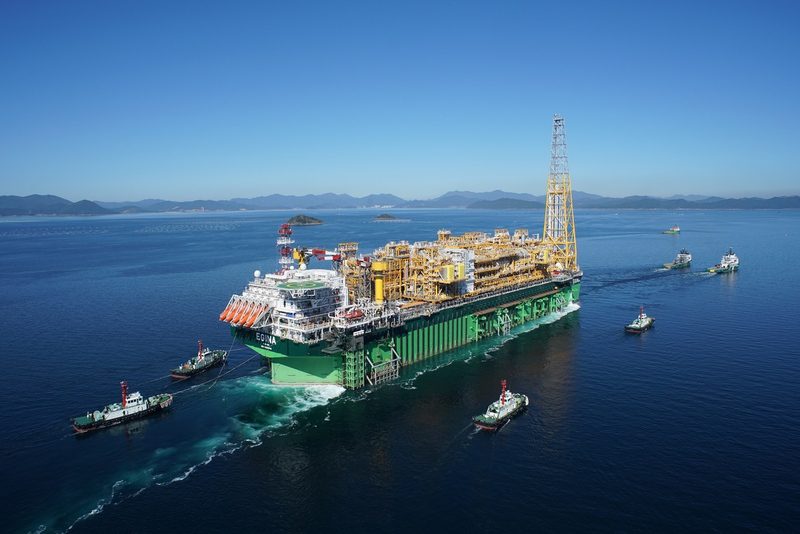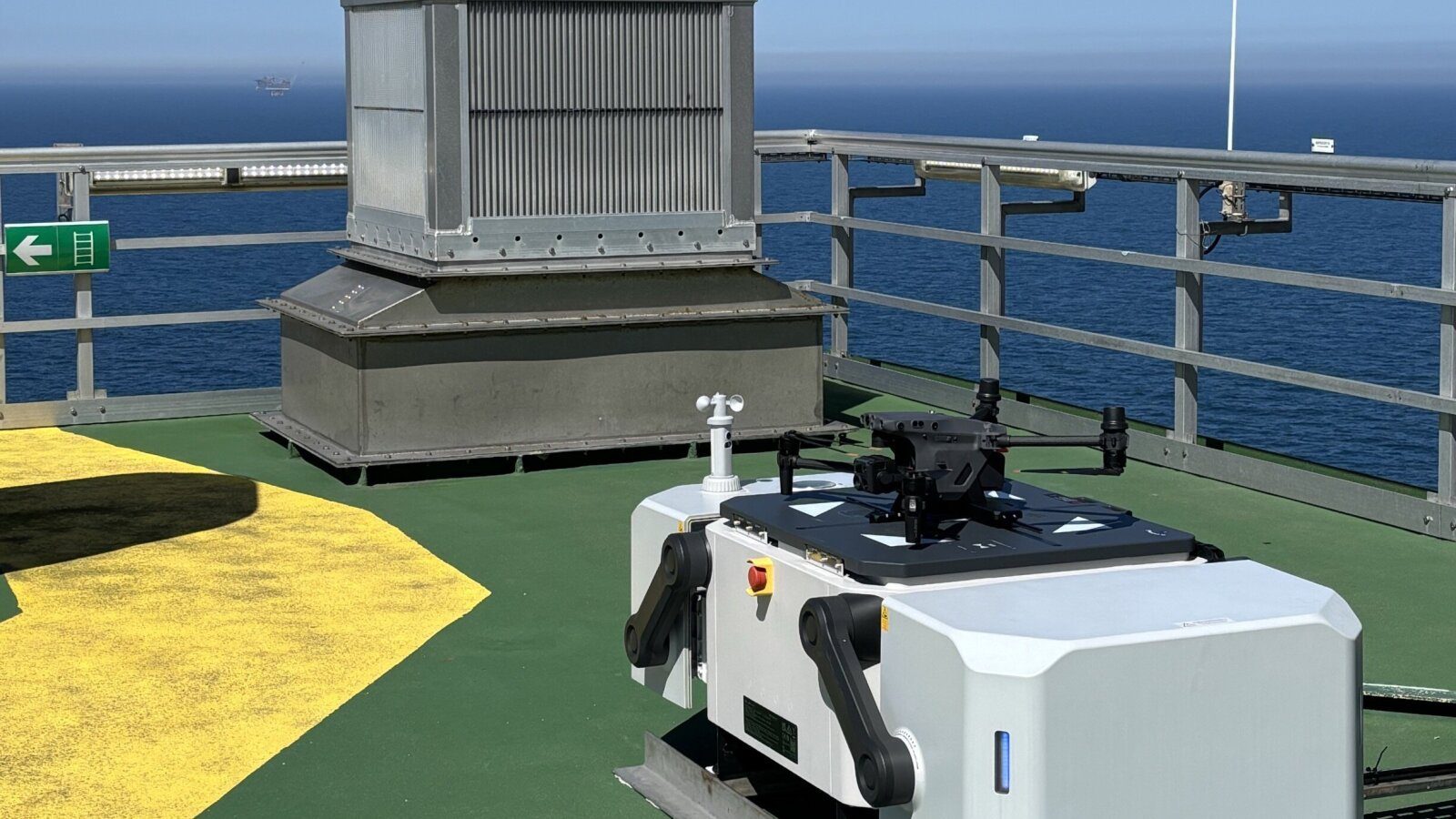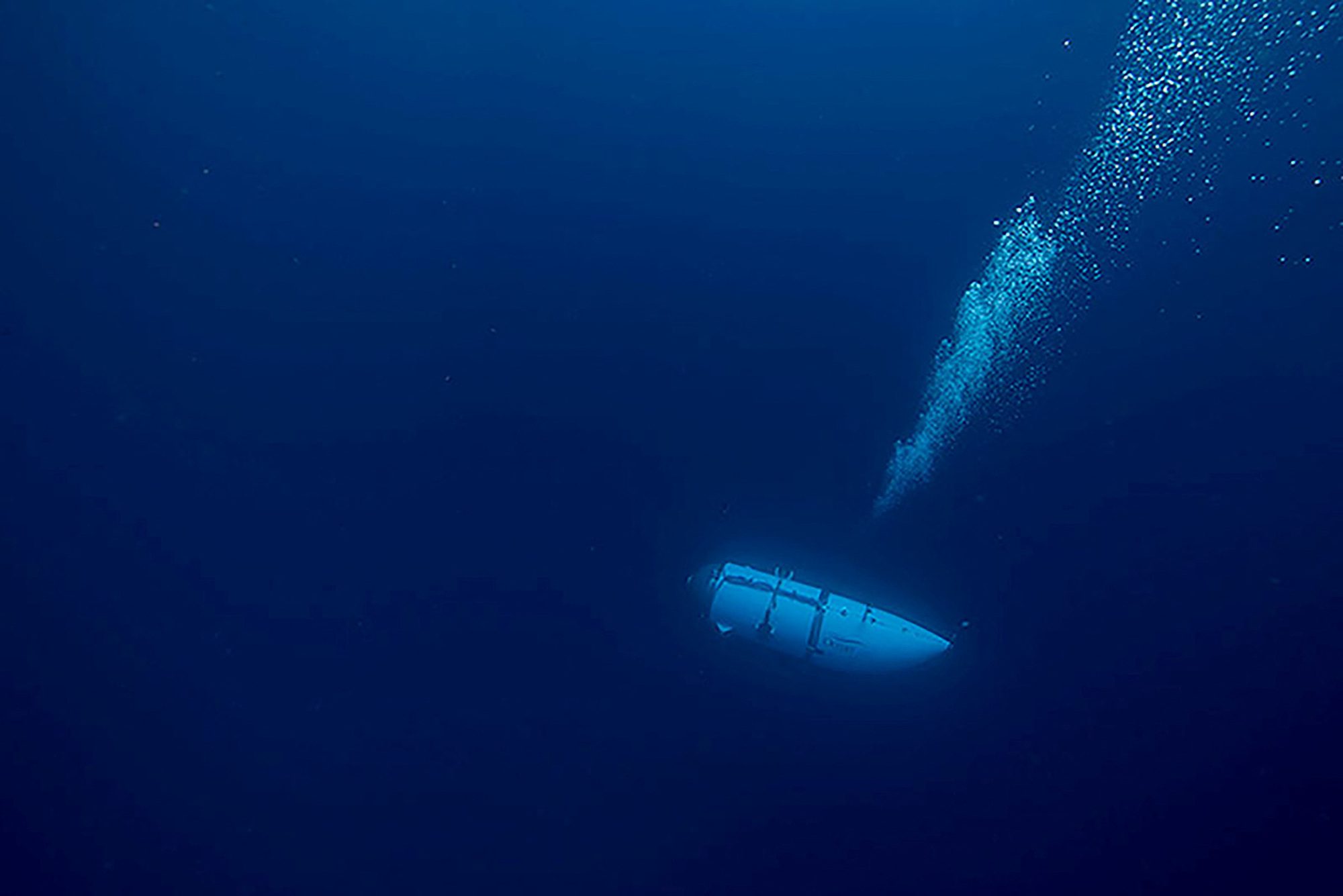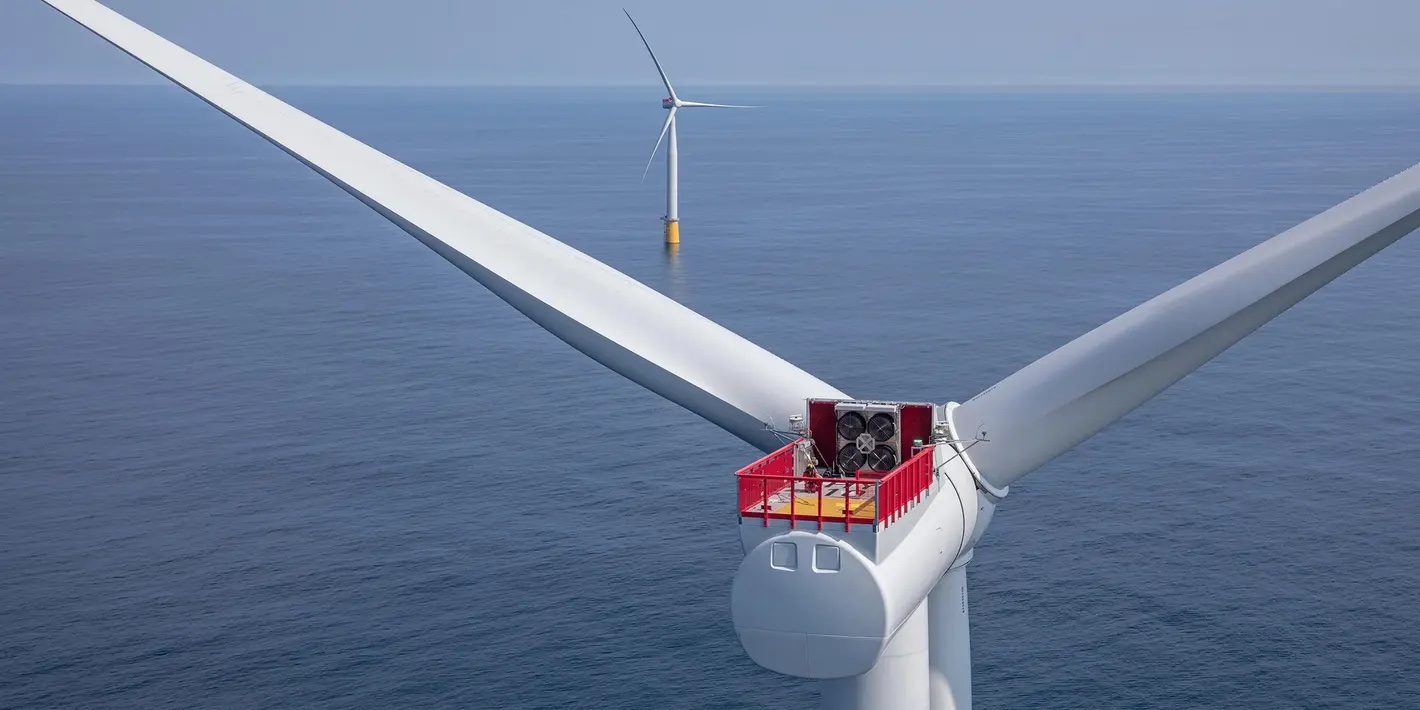By Elisha Bala-Gbogbo (Bloomberg) — When it comes to the future of its oil industry, Nigeria is looking miles out to sea.
By early next year, the largest offshore production vessel ever delivered to Nigeria will start pumping crude from a deposit deep beneath the seabed, boosting the West African country’s oil output by about 10 percent. The project, viewed as the most ambitious in Nigeria’s history, could help to push production to a record by 2022.
The project will help to boost the share of the nation’s production from offshore fields, part of a strategic shift that began at the start of the decade when companies including Chevron Corp. and Royal Dutch Shell Plc started looking at higher-cost offshore fields to minimize risks from sabotage, kidnapping and crude theft. Two-thirds of the nation’s production will stem from deep-water deposits by 2022, up from half today, according to Nigeria’s state oil company.
“Deep-water drilling will replace onshore as the bulk of Nigeria’s oil production and revenue,” said Cheta Nwanze, head of research at Lagos-based risk advisory SBM Intelligence. “The fiscal terms are much better than onshore as of today and this implies that, in addition to less concern about security, international producers get a bigger share of the pie.”
The asset that’s due to start later this year is Egina, Total SA’s $4 billion floating production, storage and offloading vessel. At 330 meters (1,080 feet) long, it’s the largest FPSO ever built by the French major and it will operate further offshore and in deeper waters than anyone else has tried so far in Nigeria — a sign of growing confidence in the technology required to operate such assets. Egina is the first offshore field to start production in Nigeria since Exxon Mobil Corp.’s Usan in 2012. The Total project’s output is expected to reach 200,000 barrels a day by the first quarter of next year.
With no big developments lined up on land, the share of output stemming from offshore is only going to rise — but it will take time. After Egina, the projects at the most advanced stage are Shell’s $10 billion expansion of its Bonga field and Eni’s Zabazaba-Etan project, which are still years away from production. Formal decisions on investment are still pending in both cases and neither company responded to emails seeking an update.
“We are shooting for later this year” on a final investment decision at the Zabazaba development, as some contractual details are being fine-tuned, Nigerian Minister of State for Petroleum Resources Emmanuel Ibe Kachikwu said Monday during an interview in London. The nation doesn’t plan to issue any new offshore licenses before elections due in February, he said.
Nigeria is currently pumping just over 2 million barrels of oil a day and it plans to roughly double that by 2020, a target that could prove difficult to achieve given delays that often occur in developments. Ecobank Energy Research expects the nation’s total output to rise to a record by 2022.
Less Risky
International oil companies “absolutely love Nigeria’s deep water and they will be delighted to develop it,” Gail Anderson, research director at Wood Mackenzie, said by phone from Edinburgh. “You’re somewhat removed from all of the risks of being in the onshore.”
Nigeria’s success in boosting offshore developments will, however, also depend on its efforts to make the regulatory and legislative backdrop more certain for investors.
Over the past 15 years, since around the time that Egina was discovered, a raft of other fields has been added to Nigeria’s potential project lineup. They include the Bosi field, as well as the massive billion-barrel Owowo field, both discovered by Exxon, but still awaiting development. Chevron is working on Nsiko, part of a block that’s over 2,400 meters deep, much deeper than Bonga.
Kachikwu has been looking at how much the nation earns from offshore developments for years as the government seeks funds to modernize its infrastructure. Nigeria has also started expanding contracts on field development to include other investments, such as a refinery that’s to be built as part of Eni’s Zabazaba-Etan project.
Good Value
The nation is looking for the “best value for the country,” Kachikwu said on Oct. 15, adding it plans to hold talks with majors on reviewing offshore contract terms. That’s in addition to four other planned pieces of legislation, replacing more than a dozen existing regulations on the industry and how it is funded. With general elections scheduled for February, the legislative overhaul may not happen immediately.
“The long term growth of deep-water fields depends on the terms that are contained in the petroleum fiscal bill still in the National Assembly,” said Nwanze. “If the terms are right, deep-water will thrive.”
© 2018 Bloomberg L.P

 Join The Club
Join The Club











